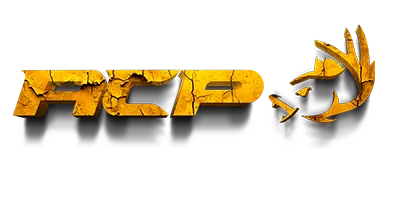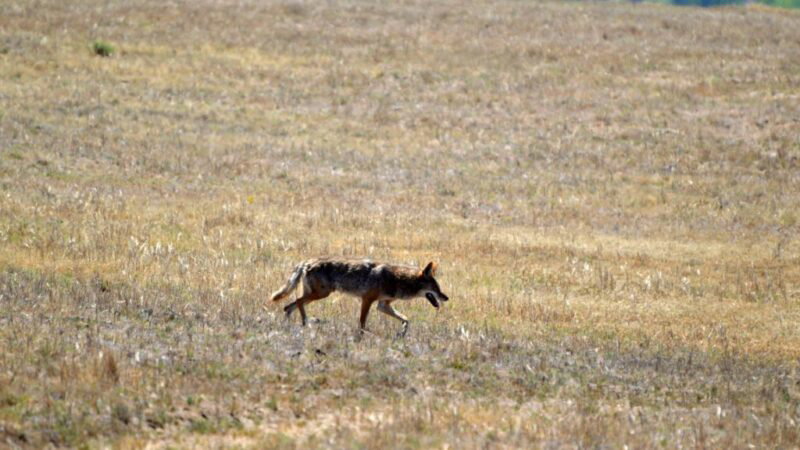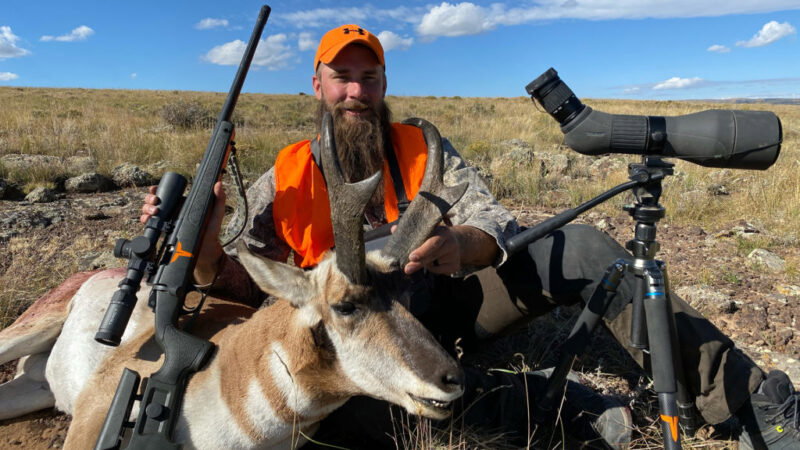Economic Impact of the Hunting Industry
Economic Impact of the Hunting Industry
Economic Impact of the Hunting Industry. Sportsmen are doing great things for the United States of America. Through our conservation efforts and the economic impact, no other industry supports both people and wildlife the way this one does. Think about your small-town gas station owner that sells hunting and fishing licenses, fuel and a few snacks, who is able to survive because sportsmen flock to his area each year. The following facts and numbers, acquired mostly from the National Shooting Sports Foundation (NSSF), don’t lie.
Continuing the Legacy Hunting Industry
Ever log onto social media and discover how many people you grew up with, who never hunted in their youth, that are now flooding their pages with hunting pictures? As the sport and the idea of being a sportsmen continues its rise in popularity, so does the expenditures of hunters, which have grown 55 percent in the past decade. Think of this industry as a giant economic machine that provides thousands of jobs pertaining to the manufacturing and sale of outdoor products, of which there are aplenty – shotguns, rifles, optics, ammunition, bows and accessories, arrows, broadheads, ATVs, clothing, the list goes on. The outdoor industry supports nearly 700,000 jobs, even when unemployment is still fairly high.

An Incomparable Industry
According to the 2011 (yes, the is the most recent report) U.S. Fish and Wildlife Service’s National Survey of Fishing, Hunting and Wildlife-Associated Recreation reports, 13.7 million people aged 16 or older (about six percent of our country’s population) hunted that year and spent a total of $38.3 billion (that’s more revenue than both Google and Goldman Sachs Group, which brought in $38.3 billion and $36.8 billion, respectively) on equipment, licenses, travel and more. These conservative estimates mean every hunter spent $2,800. Not to mention the two-plus million hunters under the age of 16 who likely have a parent or guardian pay their way.
Number One in Conservation
As a hunter, you’re likely doing more for animals than these anti-hunting, pro-animal groups combined that we don’t need to name. Hunting generates nearly $12 billion annually on federal, state and local tax revenues. This helps us pay for those employees of the various wildlife agencies through the purchase of hunting licenses and funds collected as excise taxes through the long-running Federal Aid in Wildlife Restoration Act, which was passed in 1937. It’s this program that placed said excise tax on firearms and ammunition that is shared among state wildlife agencies for the exclusive purpose of supporting conservation efforts. Hunters, doing their part, have contributed some $7.5 billion to state conservation efforts. With the current rate of firearm and ammunition sales, hunters and shooters are contributing about $370 million a year. Add the near $800 million spent annually on licenses and permits, plus the $440 million in donations that go directly to conservation initiatives, and you can begin to see the economic impact of the hunting industry – there is no equal when it comes to funding the conservation and preservation of wildlife and its natural habitat.
Ancillary Benefits
There are also many ancillary benefits to hunting. Ever hit a deer with your vehicle, resulting in major damage and an elevated insurance premium? Hunters keep wildlife numbers in check to reduce their contact with humans. Plus, anyone with half a brain knows the detrimental effects brought on by overpopulation. Mother Nature doesn’t joke around when she has to intervene on an overly large deer, elk or antelope herd.
Use this information not to defend yourself against the antis but to share knowledge. Fellow sportsmen are a band of sorts. When was the last time you stopped someone at a gas station that was wearing camouflage or had fishing poles sticking out of their pickup to ask about their time in the woods and water? We do it often. Some long-lasting friends have been acquired that way. Heck, it’s even led to some great hunts!
What you do as a hunter, a shooter, an outdoorsman and ultimately, a conservationist, is continue to support small businesses like ours across the nation. You’re not forgetting about the mom-and-pop operations that haven’t sold out to large conglomerates. So, tip o’ the hat to you, ladies and gentleman.









